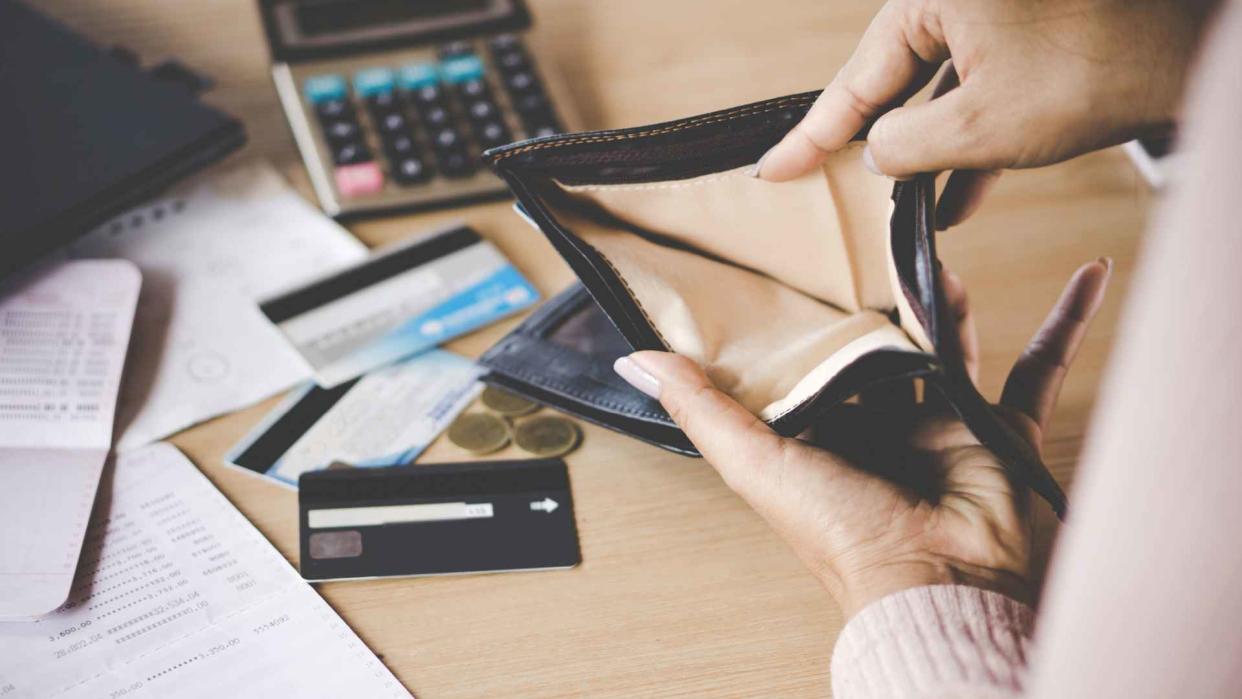What Rich People Really Mean When They Say They Started Out Poor

When a lot of the world’s wealthiest people say they “started out with nothing,” the reality is usually a bit different. If you take a closer look, you’ll find that many of today’s billionaires and millionaires actually had access to serious financial support from their families when they were starting their businesses. Sure, they may have faced some hardships and challenges along the way.
But the idea of the “self-made” entrepreneur is often more of a myth than the truth — here’s what many rich people really mean when they say they started out poor.
Check Out: 7 Ways the Upper Middle Class Can Become Rich in 2024
See More: 6 Genius Things All Wealthy People Do With Their Money
The Starting Capital of the Ultra-Wealthy
Take Jeff Bezos, the founder of Amazon — he’s often held up as a classic “self-made” success story. But the truth is, his parents Jacklyn and Miguel gave him almost $250,000 to get Amazon started back in 1995. Bezos himself admitted there was a 70% chance he could lose all of that money.
Microsoft Co-Founder Bill Gates also came from a wealthy family. His mother, Mary, was well-connected in the Seattle business world and provided a lot of help and resources to get Microsoft off the ground.
Even Warren Buffett, the famous “Oracle of Omaha,” had a big head start. His father was a congressman, as well as a broker and a trader, so when Buffett started investing at a young age, he had a huge leg-up.
And Facebook’s Mark Zuckerberg, while not ultra-rich, still got to go to the prestigious Exeter prep school that costs over $50,000 a year. That kind of educational advantage put him on a path that eventually led to creating the social media giant.
Read Next: What Income Level Is Considered Middle Class in Your State?
The Privilege of Starting Capital
These examples show that for a lot of ultra-wealthy people, “starting out poor” is a relative term. Even if they didn’t grow up in luxury, they still had access to way more startup funds than the average person. That speaks to the huge privilege involved in being able to take entrepreneurial risks and build a successful business.
Access to Networks and Opportunities
Wealthy families often have extensive professional and social networks that open doors for their children. This access to influential people, mentors and business opportunities is crucial for entrepreneurial success but out of reach for those without those connections. The “old boys club” mentality still plays a major role in how the ultra-wealthy maintain their status.
The Average Person’s Starting Point
The truth is, most entrepreneurs without family wealth have to build their businesses from the ground up. They may have to take out loans, max out credit cards or count on crowdfunding just to get started. That puts a much bigger burden of risk and uncertainty on their shoulders compared to those with access to mom and dad’s checking account.
The Myth of ‘Pulling Yourself Up by Your Bootstraps’
The “self-made” narrative relies heavily on the idea that anyone can become successful through hard work alone. Unfortunately, this bootstrap mentality ignores the enormous systemic advantages and barriers that determine who succeeds and who fails.
Changing What ‘Self-Made’ Means
The myth of the “self-made” billionaire hides the fact that true entrepreneurial success is often built on a foundation of privilege and resources. When we look at the stories of the ultra-wealthy, let’s keep this context in mind and rethink what it really means to be “self-made.”
Redefining Entrepreneurial Success
Given the major head start that many wealthy entrepreneurs have, maybe we need to reframe how we define success. Instead of exalting people who “started with nothing,” we can instead focus on supporting and celebrating smaller businesses that survive and thrive, even without the benefit of family help.
More From GOBankingRates
Dave Ramsey: Why You Shouldn't Buy a New Car/Take Out an Auto Loan This Year
5 Reasons You Should Consider an Annuity For Your Retirement Savings
This article originally appeared on GOBankingRates.com: What Rich People Really Mean When They Say They Started Out Poor
